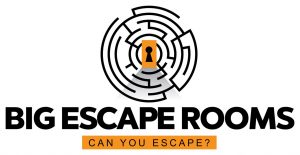30 Reasons Why Escape Rooms Are Great for Your Mental Health

In a world filled with constant challenges and stressors, finding effective ways to prioritize mental health has become more crucial than ever. One unique and exhilarating avenue gaining popularity for its positive impact is the escape room experience. These immersive puzzles and challenges offer more than just entertainment – they can significantly contribute to your mental well-being. In this blog post, we’ll explore 30 compelling reasons why escape rooms are a great addition to your mental health toolkit and why Big Escape Rooms in Birmingham, Alabama, is the perfect escape room to help along the way.
- Cognitive Stimulation: Engaging in intricate puzzles within escape rooms activates different cognitive functions, such as memory, logical reasoning, and problem-solving. This mental workout enhances overall cognitive capabilities, promoting sharper thinking and mental flexibility.
- Stress Relief: The immersive and captivating nature of escape rooms provides a much-needed break from daily stressors. By diverting attention towards solving puzzles, participants can experience a therapeutic escape, allowing their minds to reset and unwind. At Big Escape Rooms booking and preparing for escape rooms is a stress-free task.
- Teamwork and Collaboration: Escape rooms are designed to require collaboration and teamwork. The necessity of working together to solve challenges not only builds camaraderie but also enhances interpersonal skills, fostering better communication and cooperation.
- Enhanced Memory Function: Remembering codes, details, and sequences in escape rooms serves as a practical exercise for memory. This continuous engagement contributes to improved memory function, aiding participants in everyday tasks that require recall.
- Boost in Creativity: The diverse and often unconventional challenges in escape rooms encourage participants to think creatively. By promoting alternative perspectives and solutions, escape rooms nurture a mindset that values innovation and imaginative thinking.
- Improved Concentration: The time-sensitive nature of escape rooms demands focused attention. Participants must concentrate on solving puzzles within a limited timeframe, leading to improved concentration levels that can positively impact daily productivity.
- Sense of Accomplishment: Successfully completing an escape room scenario triggers a sense of accomplishment. This feeling of achievement releases endorphins, promoting a positive mental state and reinforcing a belief in one’s capabilities.
- Social Interaction: Escape rooms encourage face-to-face social interaction, creating a sense of connection and reducing feelings of isolation. Building relationships within the context of collaborative problem-solving contributes to overall mental well-being.
- Time Management Skills: The countdown in escape rooms teaches effective time management. Participants learn to allocate time wisely, a skill that transfers to daily life for better prioritization and task organization.
- Problem-Solving Under Pressure: Escape rooms simulate high-pressure situations, honing participants’ ability to make decisions swiftly and efficiently. This skill is valuable not only within the confines of the game but also in real-world scenarios.
- Enhanced Communication Skills: Effective communication is paramount in escape rooms, where participants must convey ideas, share information, and actively listen. The improved communication skills acquired translate into more effective interpersonal interactions.
- Embracing Challenges: Escape rooms present challenges that may seem daunting initially. Overcoming these challenges fosters resilience, instilling a positive and determined mindset when confronted with difficulties in other aspects of life.
- Mood Elevation: The thrill of successfully solving puzzles and escaping contributes to elevated moods. Engaging in enjoyable activities, like those found in escape rooms, releases serotonin and dopamine, promoting happiness.
- Diverse Themes for Engagement: The variety of themes in escape rooms caters to different interests, ensuring that participants can engage in an experience that resonates with their preferences, making the activity more enjoyable and fulfilling.
- Enhanced Spatial Awareness: Navigating the physical space of an escape room enhances spatial awareness. This improved awareness can positively impact coordination and spatial reasoning skills, both crucial for overall cognitive function.
- Camaraderie Building: The shared experience of overcoming challenges in escape rooms fosters lasting memories and strengthens social bonds. This sense of camaraderie contributes to a supportive social network, vital for mental well-being.
- Positive Reinforcement: Escape rooms incorporate positive reinforcement, such as unlocking a new clue or discovering a hidden passage. This positive feedback loop contributes to a sense of achievement and reinforces positive behaviors.
- Mindfulness in Problem-Solving: The immersive nature of escape rooms encourages participants to be fully present in the moment, fostering mindfulness. This focused attention on solving puzzles can translate into mindfulness practices in daily life.
- Promotion of Positive Competition: Healthy competition within escape rooms can be motivating. The desire to succeed fosters a competitive spirit that encourages participants to push their mental boundaries and strive for personal improvement.
- Escape from Routine: Engaging in escape rooms provides a mental break from routine activities, offering a refreshing and novel experience. Breaking away from the monotony contributes to a more rejuvenated and positive mental state.
- Enhanced Decision-Making Skills: Quick and effective decision-making is a crucial aspect of escape rooms. Participants learn to evaluate options, make decisions, and adapt their strategies, skills that are valuable in real-world situations.
- Stimulation of Multiple Senses: Escape rooms engage multiple senses, offering a multisensory experience. This stimulation enhances cognitive functioning and sensory perception, providing a well-rounded mental workout.
- Facilitation of Emotional Expression: Some escape room scenarios evoke emotions, allowing participants to express and process feelings in a controlled environment. This emotional expression can have therapeutic benefits, promoting emotional well-being.
- Adaptability to Change: Escape rooms often introduce unexpected twists and turns, requiring participants to adapt quickly. Developing this adaptability is essential for managing change effectively in various life situations.
- Enhanced Patience: Solving complex puzzles in escape rooms may require patience. Engaging in this activity helps participants build patience and resilience, valuable attributes for navigating challenges in daily life.
- Boost in Self-Esteem: The successful completion of an escape room scenario boosts self-esteem and self-confidence. Recognizing one’s abilities to overcome challenges contributes to a positive self-image.
- Encouragement of Lifelong Learning: The diverse nature of puzzles in escape rooms encourages a mindset of lifelong learning. Participants develop a curiosity to explore and acquire new skills, promoting continuous intellectual growth.
- Opportunity for Reflection: Escape rooms provide moments for reflection, allowing participants to contemplate their thought processes and problem-solving strategies. This reflective practice can lead to personal insights and self-awareness.
- Encouragement of Playfulness: Escape rooms promote a sense of playfulness and curiosity. Engaging in play has been linked to improved mental health and overall well-being, fostering a more lighthearted and positive mindset.
- Fostering a Sense of Wonder: Finally, escape rooms tap into our innate sense of wonder and curiosity. The exploration of mysteries and the unknown fosters a childlike sense of wonder, contributing to a more vibrant and imaginative mindset. This sense of wonder can infuse daily life with a greater appreciation for the world around us, enhancing overall mental well-being.
Escape rooms have emerged as more than just a recreational activity; they are a holistic approach to mental well-being. The combination of cognitive challenges, social interaction, and a sense of accomplishment makes escape rooms a valuable tool for enhancing mental health. So, the next time you’re looking for a fun and engaging way to boost your well-being, consider unlocking the benefits of an escape room adventure – your mind will thank you.


